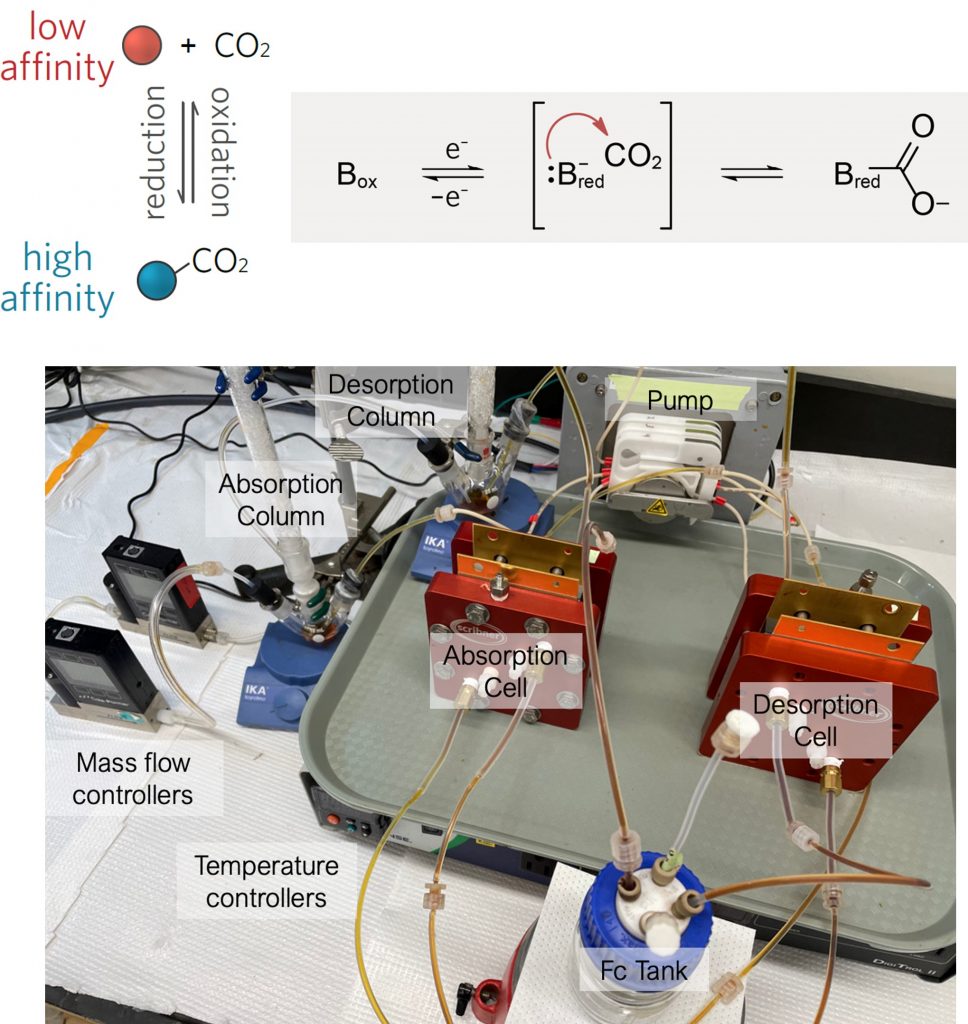 Yayuan Liu
Yayuan Liu
Assistant Professor
Department of Chemical and Biomolecular Engineering
Johns Hopkins University
Date: February 22, 2023
Time: 1300–1400h ET
Sponsor: BioLogic
Carbon capture is considered a critical means for climate change mitigation. Unfortunately, conventional thermochemical methods suffer from high energy consumption, motivating the search for more efficient carbon dioxide separation strategies driven by non-thermal stimuli. In this talk, I share our research efforts on developing materials and processes for electrochemically mediated carbon capture. First, I present a library of electrochemically tunable Lewis bases with redox-active nitrogen centers that can reversibly capture and release carbon dioxide through a reduction-oxidation cycle. The mechanisms of the carbon capture process are elucidated via a combined experimental and computational approach. I show that the properties of these Lewis base sorbents can be fine tuned via rational molecular design and electrolyte engineering. I then discuss challenges and opportunities for sorbent and electrochemical reactor designs toward practical carbon capture processes driven by electrochemical stimuli. (more…)




